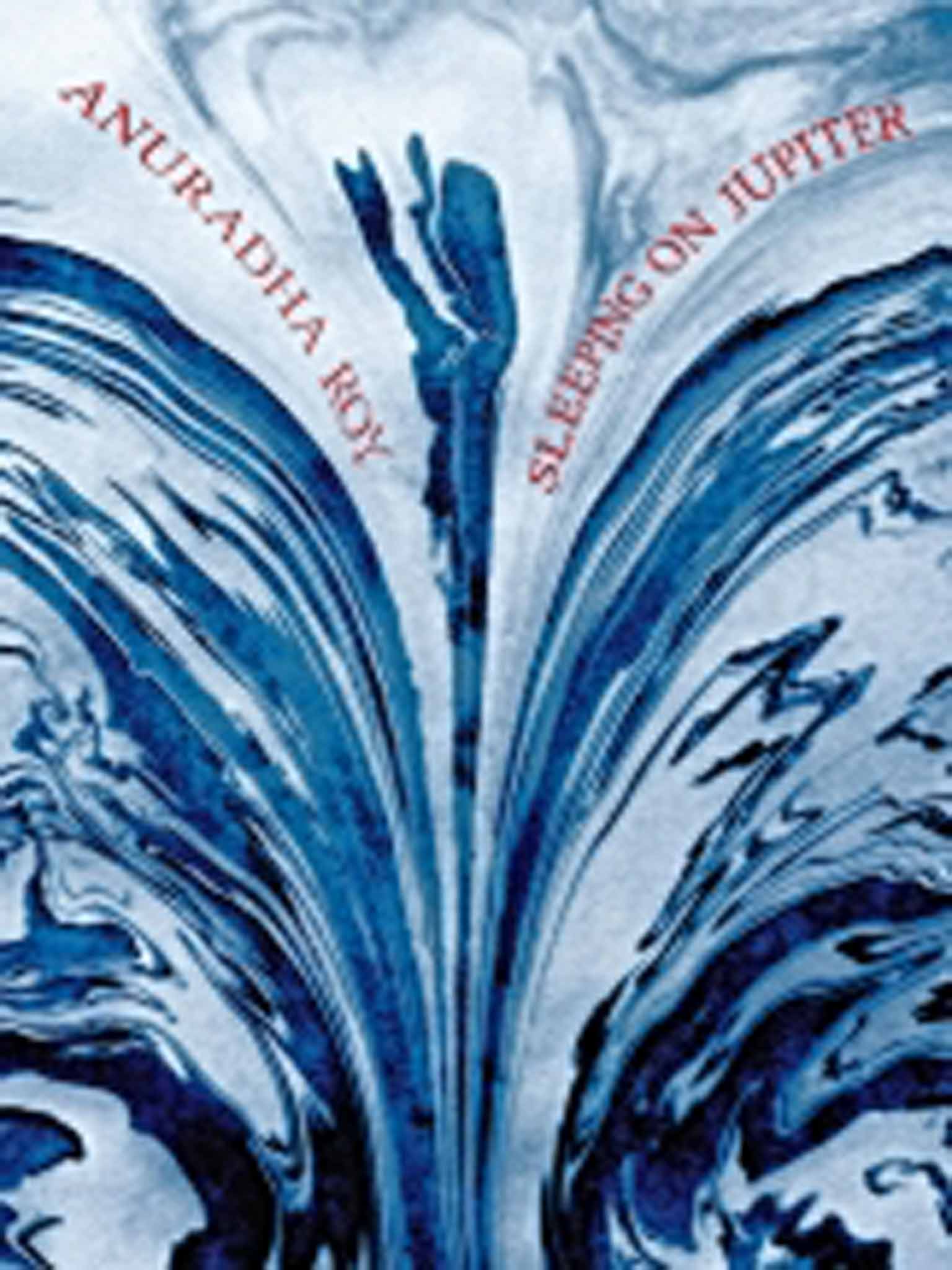Sleeping on Jupiter, by Anuradha Roy - book review: Tale of innocence lost is a masterclass in the art of restraint
A poetic work of luminous prose deserving of a wide readership in India and beyond.

Nomi does not have many memories of the time before her childhood was stolen in an eruption of violence in Bengal. She remembers her mother and father, her brother, and the simplicity of their happiness in their jungle hut and garden. She remembers the animals and the trees' largesse – when the grapefruit tree flowered "I opened my mouth to swallow the scent".
Transported with other orphaned refugee girls to the spiritual home and "protection" of internationally celebrated Guruji near the fictional town of Jarmuli, she felt the sadhu "could see into me, through my tunic and my skin and bones, right inside." Now, years later, the young woman Nomi returns from her adoptive Norway – "The sun was like a moon in this country, and in its light I felt as if I was looking at everything through a pearl" – to coastal Jarmuli with its temples and pilgrims to face her past.
The narrative structure of interwoven voices, lives overlapping during the course of five days – Nomi (her "ears spiral-bound with rings"), Suraja (the cameraman in thrall to dope and alcohol), Badal (the temple guide who "could produce flawless, melodious notes from any conch") and a trio of elderly Calcutta ladies holidaying together – is beguiling and provides the framework that makes exploration of the subject of child abuse possible, respectful, and timely.
The themes of innocence stolen, the refuge of the imagination, and the inclination to look away are handled with sensitivity and subtlety in some of the best prose of recent years encountered by this reader. Roy brings a painterly eye, her choice of detail bringing scenes to sensual life, while eschewing floridness: a masterclass rather in the art of restraint, the pared-back style enabling violence close to the surface to glint of its own accord.
The tea-seller by the beach, Johnny Toppo, acts as the unwitting point of connection between the other characters, each drinking his chai and allowing its taste and his songs to unlock memories and daydreams. Devotional Gouri "could not remember when she last had tea smelling of rain"; Badal, perceiving his love to be unrequited, tilts his clay cup "over a grey crab that looked as prehistoric and lifeless as a stone, watching it skitter for shelter under the sand which drank up the tea"; and for Nomi his songs return her to her younger self dreaming of escape.
An important contribution to an essential debate, Anuradha Roy's poetic work of luminous prose deserves a wide readership in India and beyond.
Join our commenting forum
Join thought-provoking conversations, follow other Independent readers and see their replies
Comments